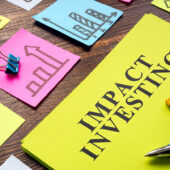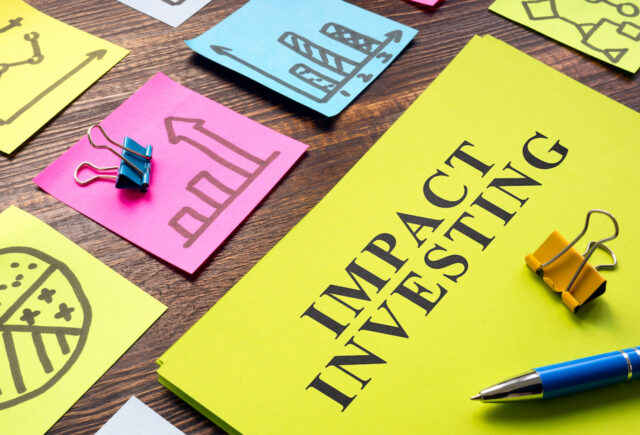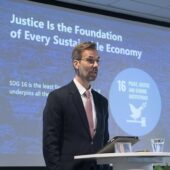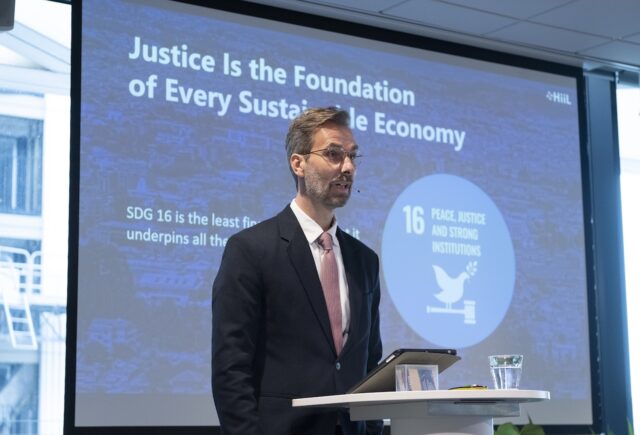With so many companies jumping on the impact investing bandwagon in recent years, the risk of ‘impact washing’ is growing. “Just with a good budget, you can sell an impact report to investors.”

“Assessing impact is getting harder and harder because the term is very fashionable,” Arturo Benito, chief executive officer and founder of Impact Bridge, told a panel about scaling up sustainable investments in emerging markets at the Phenix Virtual Impact Summit last week.
Benito’s company Impact Bridge is an investment manager specialised in monitoring and investing in impact investment funds. The Madrid based firm monitors over 500 impact funds worldwide.
And their monitoring job is getting more difficult. “I believe that faking impact – ‘impact wahsing’ – is getting easier,” said Benito, who is also an associate professor at IE Business School in Madrid.
“In the end, just with a good budget, companies can invest in a very good consultant to make a very good impact report, a sustainability report or an impact framework.
“It’s getting harder and harder for us to find the investment managers who are really committed to impact,” Benito said.
Warning against overselling
The market for impact investing, or investments made to address challenges ranging from climate change to gender inequality, has jumped to $715 billion in 2020 from $8 billion in 2012, according to the Global Impact Investing Network (GIIN).
This boom has led to a seemingly endless stream of corporate pledges. Most of them still have to be turned into any real action.
Most investors tend to worry more about financial risks and not so much about whether a fund manager achieves its promised impact in the long term, Benito argued. “Many things can go wrong with this short-term approach.”
Some investors are bound to learn the hard way. Eventually, Benito does believe investors will catch on to ‘impact washing’ and become more discerning.
“Although not all investors can assess whether an impact fund is really impactful or not, over time, they are getting more sophisticated in telling the difference,” said Benito.
In other words, if investors were sold a dud years ago, they will eventually realise that their investment may not have made any real impact.






